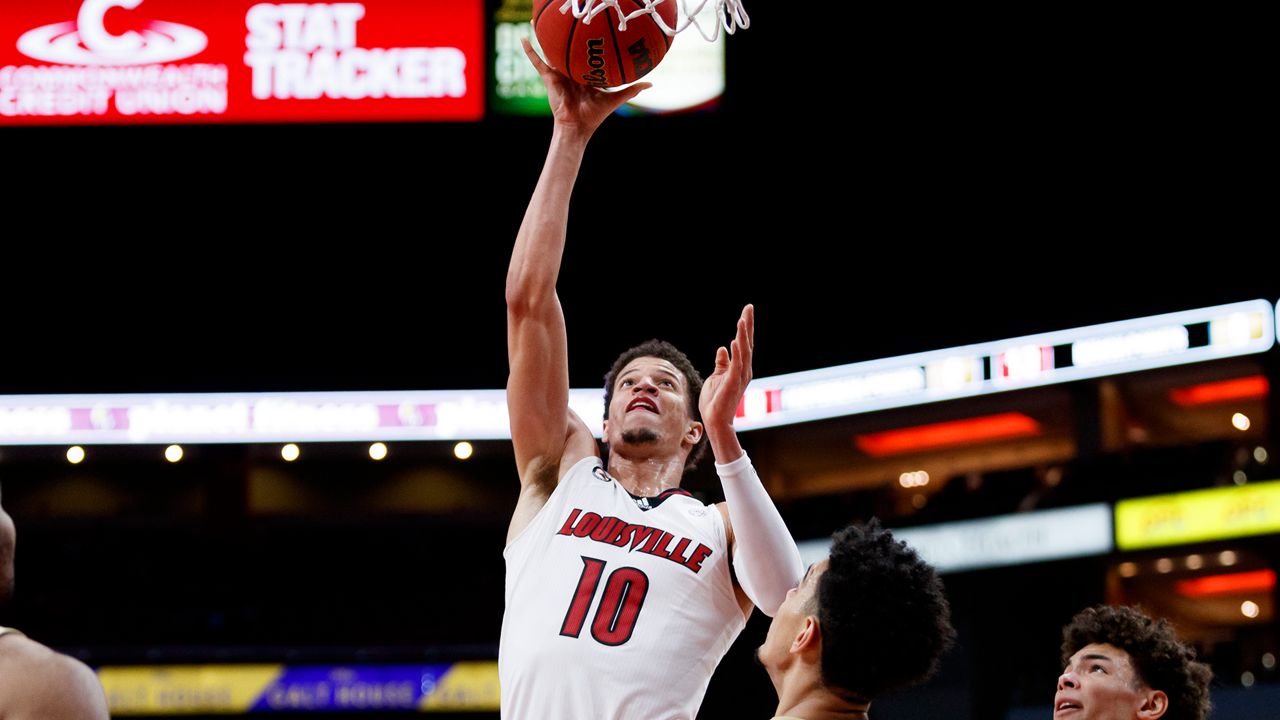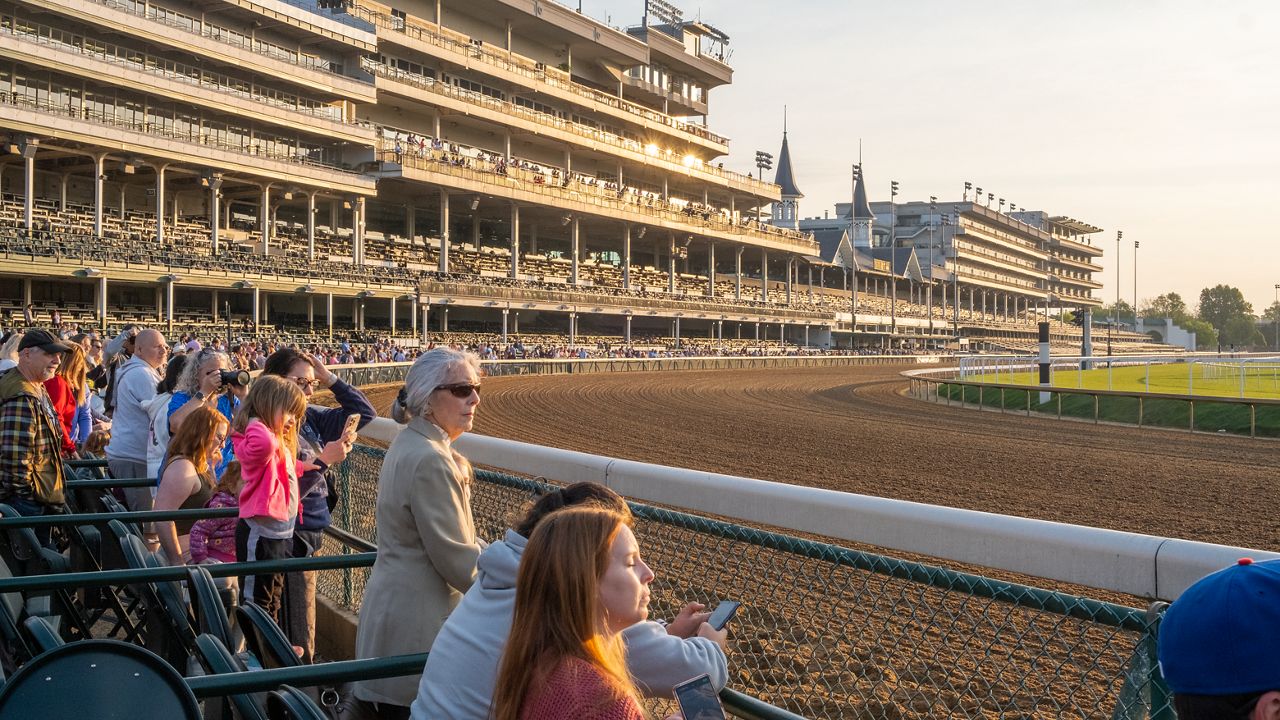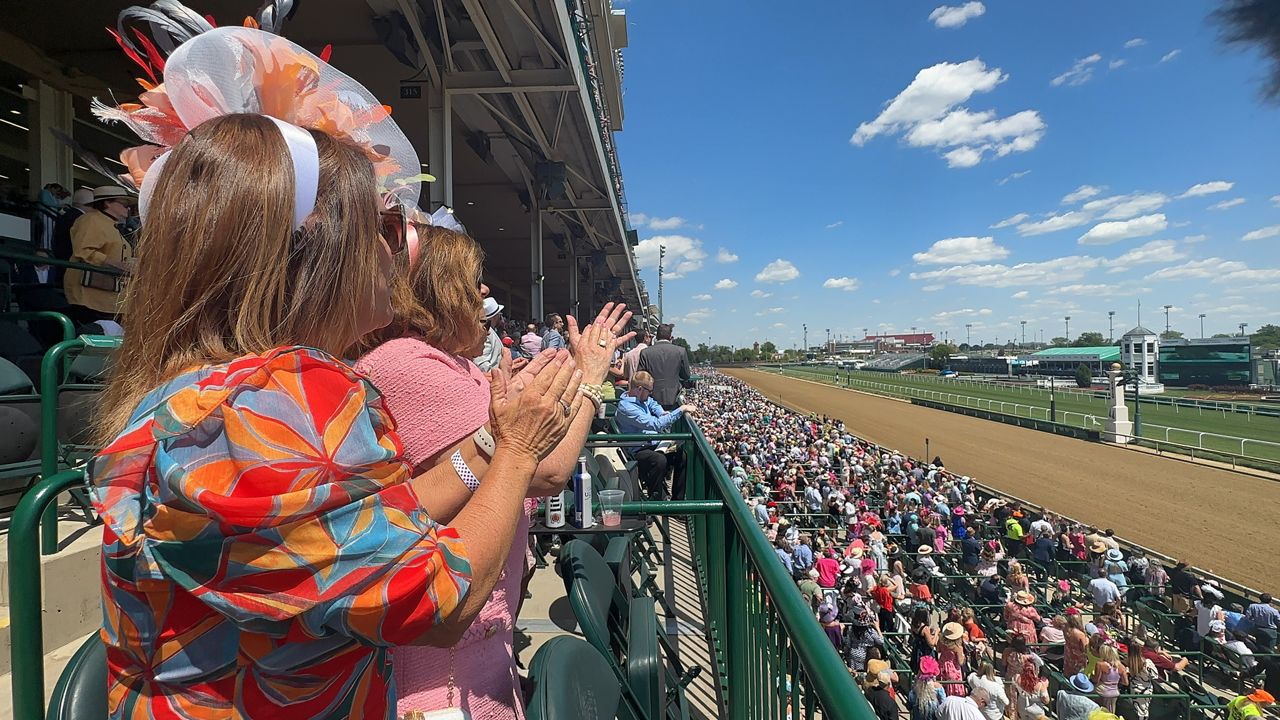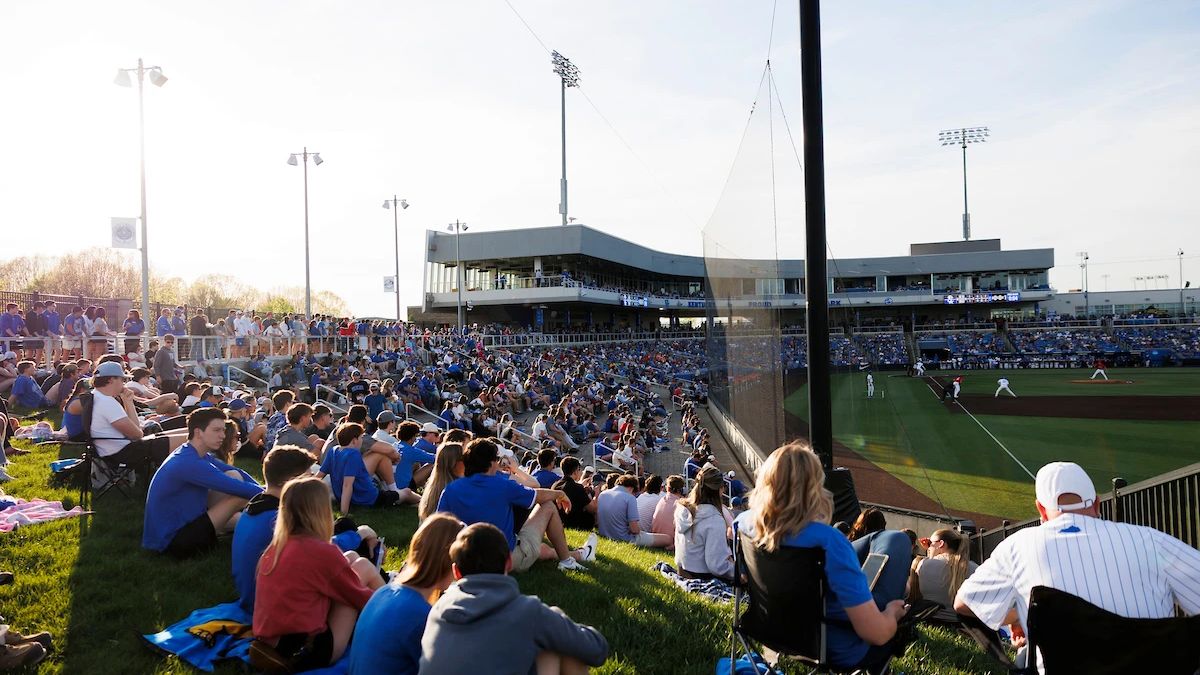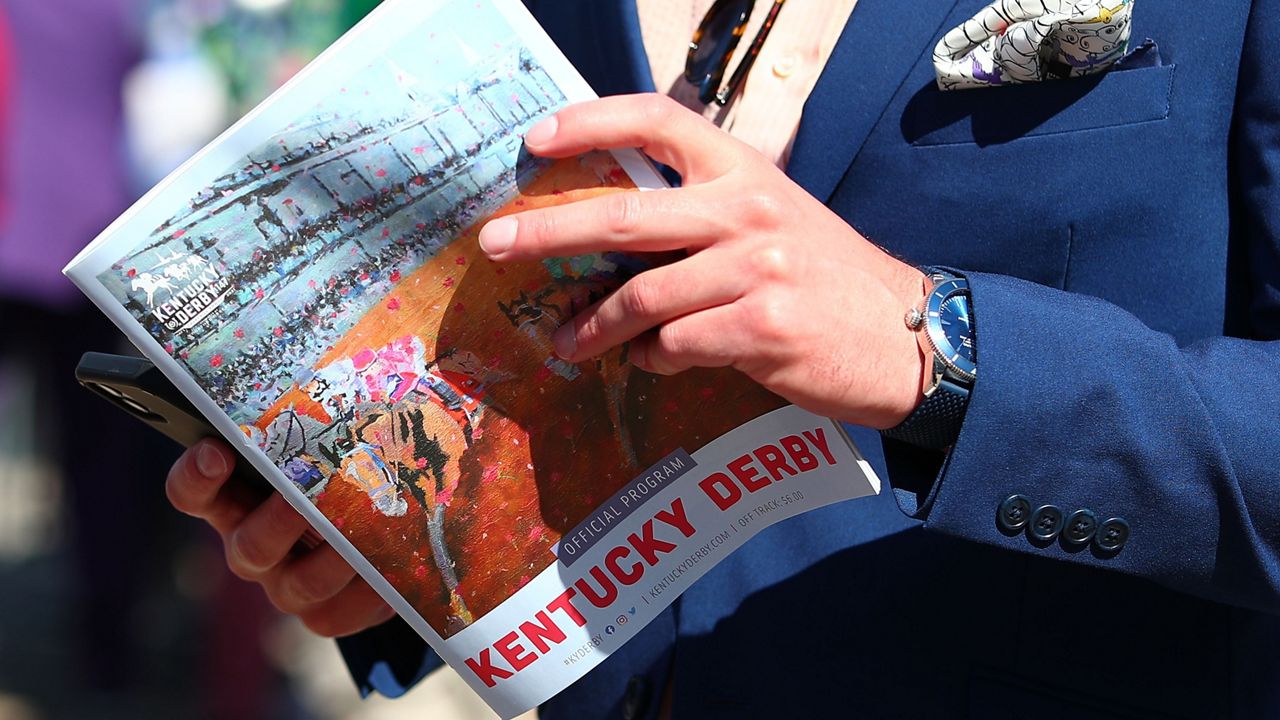LOUISVILLE, Ky. — Last Thursday, Louisville basketball player Samuell Williamson got paid to eat his favorite chicken sandwich.
It was a moment made possible by new rules allowing college athletes to profit from their name, image and likeness, or NIL. For the first time, athletes like Williamson could make money by making endorsements. And for Royals Hot Chicken, the locally-owned chain that Williamson called the "best" in Louisville, starting with the Cardinals guard and his teammate Malik Williams made sense.
"Those two guys in particular have been big supporters of ours," said Ryan Rogers, president of Eternal Optimist Hospitality, which owns Royals. "We saw this as a way for them to become official supporters on the first day it was legal."
Williamson and Williams are far from the only local athletes to take advantage of the new opportunities. At 12:27 a.m. last Thursday, The Players Trunk announced a partnership with University of Kentucky guard Dontaie Allen to now sell $30 T-shirts and $80 Zoom calls.
By late Thursday, Allen had plenty of company. A handful of his teammates joined Cameo, offering birthday shoutouts, congratulations and well wishes from $25 (graduate student guard Davion Mintz) to $60 (sophomore forward Jacob Toppin).
Jordan Watkins, a UofL wide receiver, started a partnership with CardinalSports.com, which covers UofL sports. According to a post on the site, Watkins “will be doing weekly interviews and advertising segments for the website.” His quarterback, junior Malik Cunningham, announced a deal with OpenDorse, an athlete marketing platform based in Nebraska.
“It’s an app where they post pictures and you can promote your brand for player and fans,” he said in a video on Twitter.
Joey Wagner, owner of the marketing company J Wagner Group, predicts much more of this. On the first day of the new NIL rules, Wagner launched Rocketeer Sports Marketing to help athletes navigate the NIL era. Within hours, he helped the Louisville basketball players facilitate the deal with Royals.
“Being in Louisville, we’re going to be able to help a lot of the UofL athletes for sure," said Wagner, whose business will not just link student-athletes with advertisers. It will also assist with legal and compliance issues, ensuring players don't harm their chances of getting on the court by making a bad deal off of it. Wagner will also help manage their brand.
"The biggest thing we're stressing to these athletes is that you don't just want to take a check," he said. "Make sure that it's a brand you believe in, that you're excited about."
There is no shortage of people ready to hire players interested in profiting off of their NIL rights. Wagner said fans who can afford it will be able to bring their favorite athletes to a birthday party, for example. Businesses, meanwhile, are lining up to cut deals with student athletes.
Rogers explained the appeal. "They have great crowds and fans that follow them," he said. "A lot of them have strong social media profiles and a lot of followers. There are certainly opportunities to connect with audiences that may not know about our brands."
Even though men's basketball and football players were among the first to cut NIL deals, Rogers said he could easily see his company signing up student athletes in many other sports. He mentioned UofL's dance, swim, gymnastics and women's basketball teams as possibilities.
Ultimately though, there's little mystery about what kind of athlete local companies will most covet in this new era of college sports. "Imagine if this was a thing five years ago and we could have had Donovan Mitchell come to one of our restaurants. I mean, that's huge," he said.





